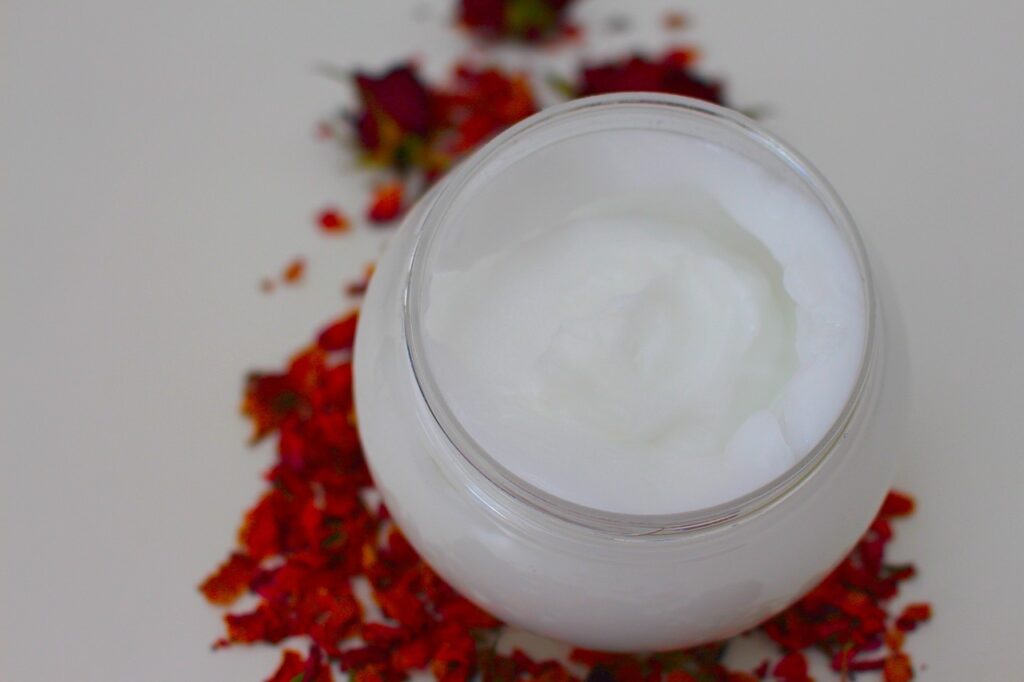Does collagen work topically? to answer this question we should know about topical collagen efficacy. The effectiveness of applying collagen topically in skincare products is debated. Collagen, a protein crucial for skin structure and elasticity, decreases with age, leading to wrinkles and sagging. However, using collagen topically has its challenges.
Arguments for Topical Collagen
- Hydration: Some believe collagen in skincare can moisturize the skin by acting as a humectant. It attracts and retains moisture, temporarily making the skin appear plumper and smoother.
- Film-forming: Collagen can create a protective film on the skin’s surface, reducing water loss and shielding the skin from environmental damage.
- Supporting Ingredients: Collagen products often include other beneficial ingredients like peptides, vitamins, and antioxidants, contributing to overall skin health.
Limitations of Topical Collagen
- Molecular Size: Collagen molecules are too large to penetrate the skin’s outer layer (epidermis). This prevents them from reaching the deeper layers where collagen synthesis and repair occur.
- Absorption Issues: Even smaller collagen fragments or peptides struggle to penetrate the skin effectively and contribute to collagen production in the dermis.
- Lack of Direct Benefits: While collagen may improve surface texture and hydration, it does not stimulate new collagen production or repair damage in the deeper skin layers.
Alternative Approaches
- Stimulating Collagen Production: Many skincare products use ingredients like retinoids, vitamin C, and peptides. These ingredients promote the skin’s natural collagen production. This process offers anti-aging benefits.
- Professional Treatments: Procedures like microneedling, laser therapy, and chemical peels stimulate collagen production. They create controlled micro-injuries that trigger the skin’s healing response.
Also read about: TOP COLLAGEN SECRETS: BEST COLLAGEN FOR SKIN ELASTICITY
Conclusion
Topical collagen products can offer immediate benefits such as improved hydration and skin texture. However, their long-term anti-aging effects by directly increasing collagen levels in the skin are limited. Therefore, for more significant results, using ingredients and treatments that stimulate natural collagen production is generally more effective.


Pingback: Discover the Best Collagen for Aging Skin
Pingback: Top 5 Best Supplements for Skin Collagen
Informative articles, excellent work site admin! If you’d like more information about Airport Transfer, drop by my site at UQ5 Cheers to creating useful content on the web!